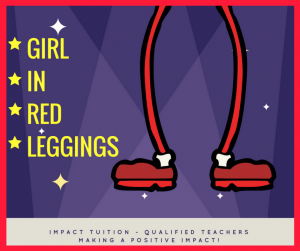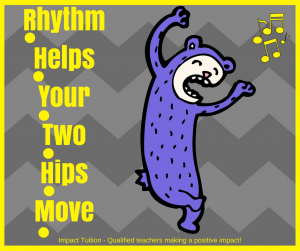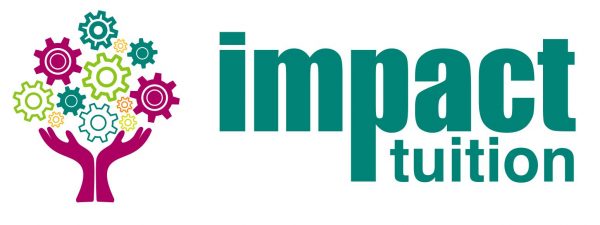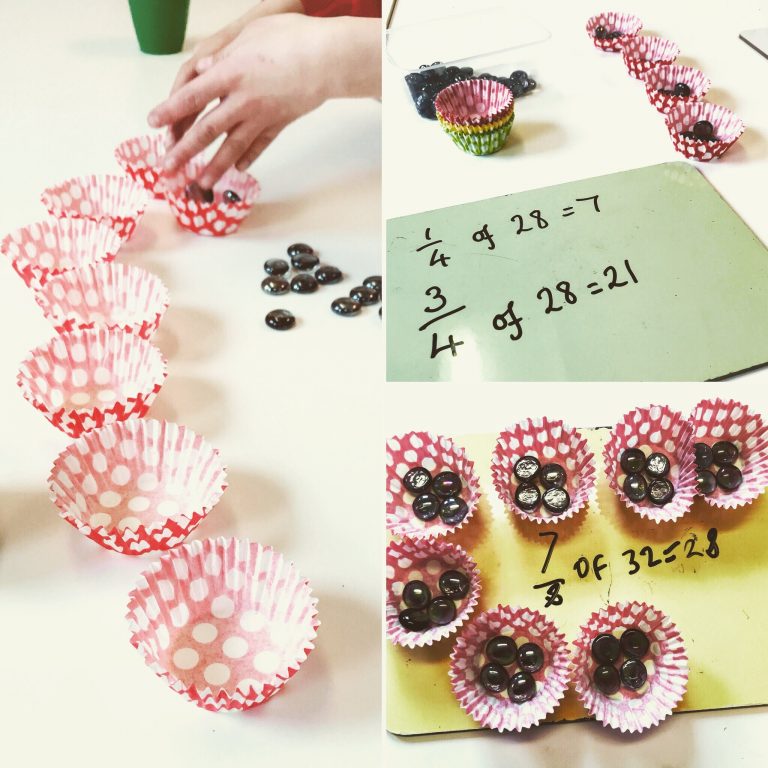How to help your child with spelling.
Help your child with spelling with these handy mnemonics- download our free e-book!
Many parents worry about their child’s spelling, whether it is a specific weakness or just certain words that won’t stick. It’s very common for children to learn their spellings for the weekly test, get 10/10 and then get those exact words wrong in their writing the following week! It can be so frustrating to spend lots of time helping your child with their spelling, only to find it seems to have little effect.
Mnemonics to help children spell tricky or commonly misspelled words.
I’ve been teaching for over 20 years now and I’ve found that many children who find the look-cover-write system of spelling does not help them remember spellings well often find mnemonics more effective for certain word. Mnemonics are great for helping all children remember those tricky words that remain difficult, even for adults.
What is a mnemonic?
A mnemonic (pronounced NEM-ON-IC) is simply a memory trigger. You probably learned Every Good Boy Deserves Favour to help with music at school. Mnemonics can be used to help with spelling and many children are very familiar with Big Elephants Can Always Understand Small Elephants (spells because) and Never Eat Shredded Wheat (North, East, South, West).

How to use spelling mnemonics.
Try and learn one mnemonic at a time and focus on it for a few days. If your child finds spelling very difficult and/or has dyslexia, spaced repetition is a good way to learn. This involves learning a word repeatedly for several days, then skip a day and check. If your child still remembers the word leave it for a couple of days and check again. Keep increasing the space until your child has retained the word for a week or so. Once they retain it for a longer period of time you can assume it is stored in their long-term memory and they know it by heart. This is a good technique for other aspects of learning too. There’s a link at the bottom of the page for more details on spaced repetition.

Add some drama!
The brain remembers things better if they are more interesting so add a bit of drama to help your child! Rhythm is a great mnemonic for this as you can add a little dance as you say it. Obviously, this is somewhat age-dependent, your 7-year-old will love this approach whereas your teenager may be mortified! Put silly voices on and do actions. This makes the learning multi-sensory too which is especially effective for dyslexic pupils. Try getting your child to make up their own mnemonics for words that they always struggle with too, they can often be surprisingly inventive!


Download our free Spelling e-book.
Click the link below to download an e-book with a collection of mnemonics to help children spell tricky or commonly misspelled words. Try learning one or two a week with your child and stick the pictures on the fridge or noticeboard while you are learning them. I hope you find them helpful and fun!
Mnemonics to help kids remember tricky spellings (1)
if you enjoyed this blog, why not pop over to my Facebook page and follow us for more educational tips and ideas?
Spaced repetition link:


